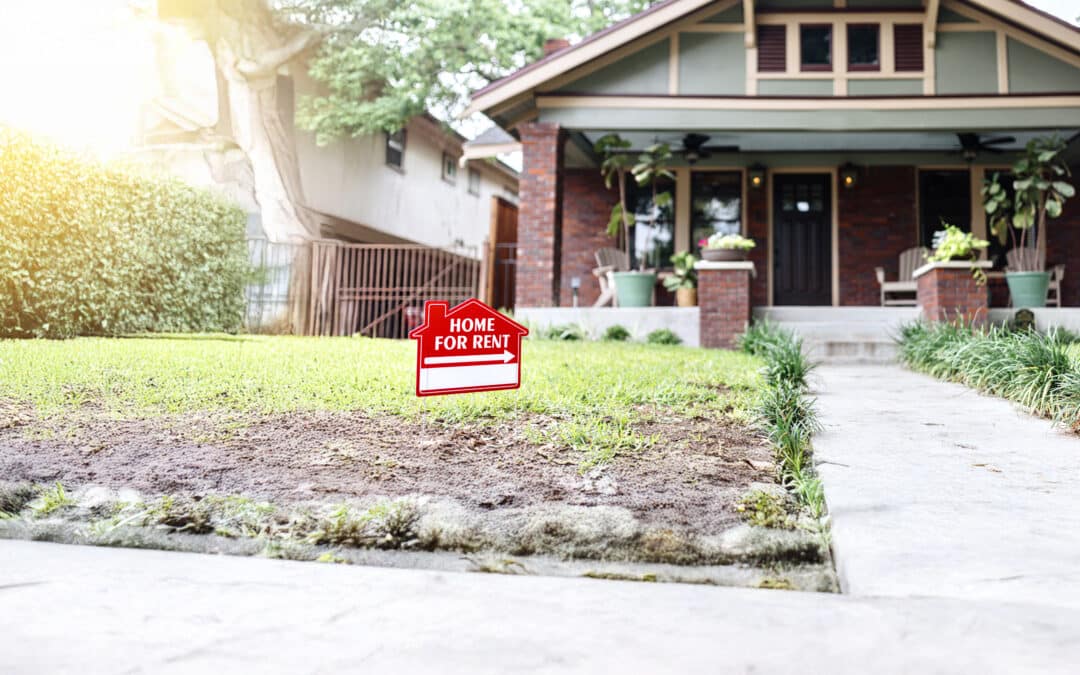Dog-friendly rentals are in big demand, and landlords are coming up with some great amenities for their four-legged tenants. But, despite the good behavior of most tenants and dogs, some pet owners don’t pick up after their pets. Tenants either don’t see it, or ignore it, and it’s left for the maintenance crew, or worse, someone’s shoe. But fear not! There’s now a way to track down the owner.
The Rental Housing Journal writes about a new DNA test for dog poop! It was developed by a company in Knoxville, Tennessee called “PooPrints.” Tenants must supply a DNA sample from their dog by swabbing the inside of the dog’s mouth. Those samples are sent to the company for reference, and when future surprises are left on the lawn or the walkway, the maintenance crew can send a sample to the company for a match.
Program manager for PooPrints, Ernie Jones, said, “One of the biggest advantages is that it takes away the denial from the tenant about whose dog left the poop.” He said it also, “Helps avoid the neighbor vs. neighbor accusations about whose dog was responsible.” The PooPrints website says more than 2,500 properties are using PooPrints and the program is growing steadily.
The Business of PooPrints
It’s an easy program to maintain once you get it going. If a landlord has a hundred dog owners, then each of those dogs will need to be swabbed and samples sent to the lab. Plus, initial cost per dog is $40 dollars, or about $4,000 for 100 dogs. The dog owners would likely pay that fee, but it could take a while to get everyone on board. Some landlords won’t force existing tenants to take part. Instead, the program would be part of a lease renewal or for new tenants.
Property owners would have to have a plan to deal with violators. Many do that by imposing a “fine” on the tenant. The Journal says that a Chicago complex using the PooPrints program fines tenants $250 for the first offense and $350 for subsequent bad behavior. The Journal also warns that some states may not allow the use of the word “fine” for a monetary penalty so landlords would need to check on that. Oregon may be one of those states.
Dog Poop as Pollution
Keeping the apartment complex free of dog poop is only one reason to crackdown on abandoned poop piles. The Environmental Protection Agency says, they can also pollute the air and ground water. Jones said, it’s not just a nuisance because you might step in it. He said, “Dog waste is not fertilizer and does not simply deteriorate. Instead dog waste is the most contaminated waste of any animals.” (I would guess that the level of poop hazard would depend on what the dog had been eating).
DNA testing lab, BioPet Laboratories, said the EPA classifies dog poop is as environmentally damaging as toxic chemicals and oil spills. The lab says that waste from 100 dogs on a river bank would contaminate water for one mile downstream. Jones said, dog waste can also attract rodents and feral cats. Jones also said that picking up your dog’s poop isn’t about whether you “feel” like doing it or not, it’s about “social responsibility and about protecting the environment.”
Pets as Family Members
If you’re scoffing at the thought of dealing with pet poop, think again. Pet ownership currently stands at 68 percent of all households, and it’s growing. Among millennials, 38 percent own dogs. The humanization of pets is common and being recognized by programs like PooPrints. Landlords are also recognizing the trend by adding pet-friendly amenities to their complexes.
Florida’s Sun Sentinel writes about housing developers that include dog parks, pet spas, grooming areas, and dog walking services as part of an amenities package. The Sentinel writes about Richman Signature Properties which has three dog-friendly locations in South Florida. The amenities include on-site bark parks with agility courses, social events for pets including Yappy Hours, and a free three-month subscription to BarkBox as a welcome gift for new tenants and dogs.
The national lease-up operations president for the company believes, “Developments that are pet-friendly also encourage a sense of community among residents.” And there are plenty of other Florida developers with that same view. The Sentinel writes that all of them have one thing in common, “They know property owners and renters, especially millennials, consider pets as family members.” This has encouraged the property owners to provide amenities that fit that demographic.
























0 Comments